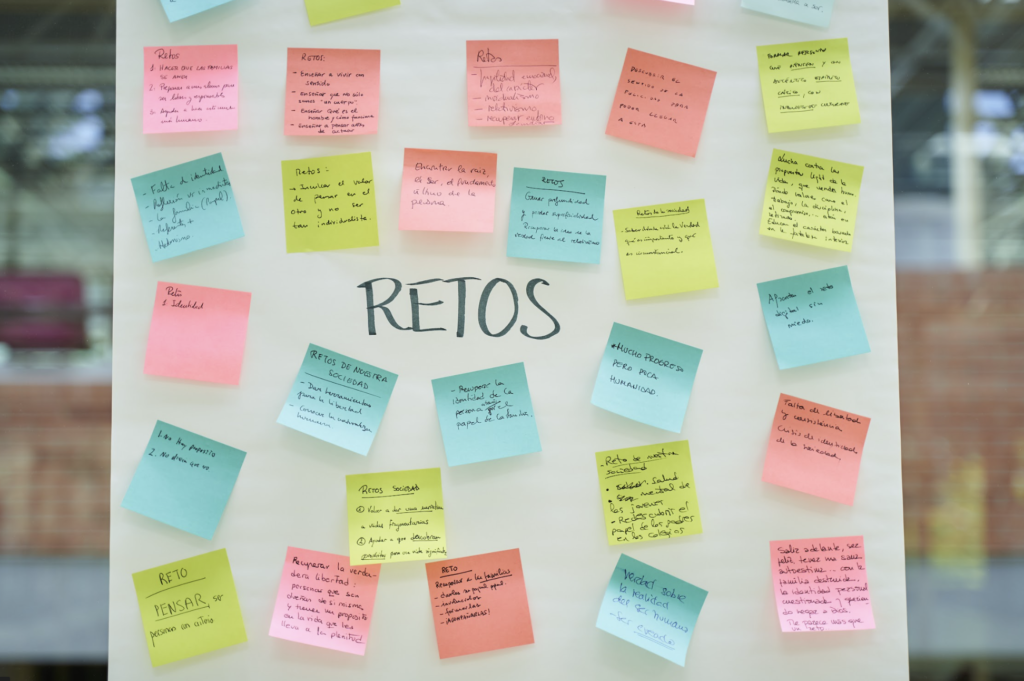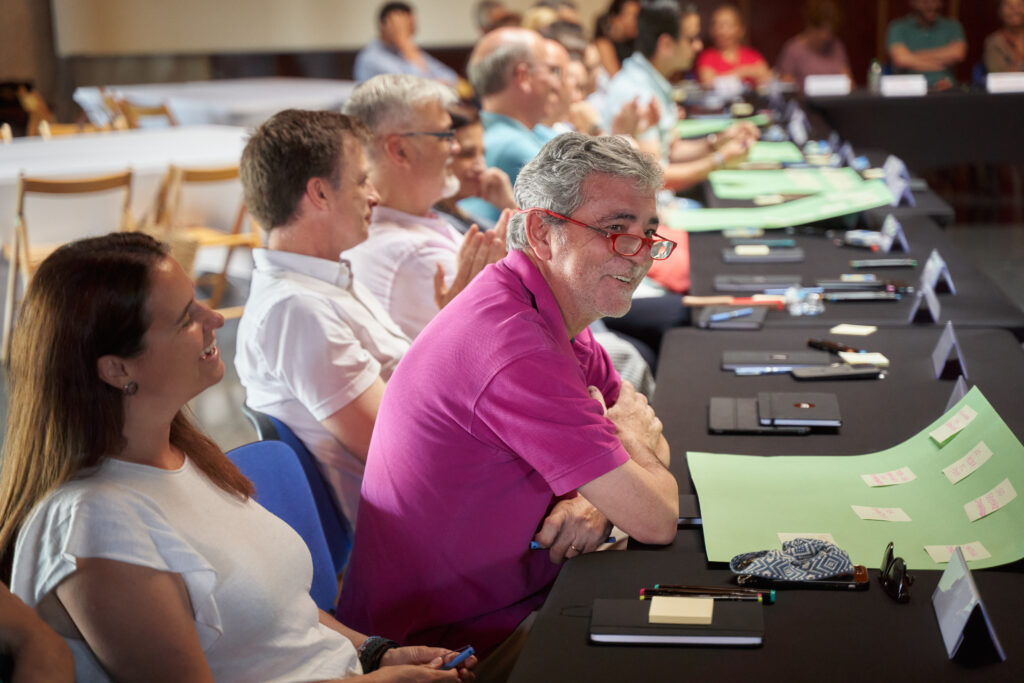The Character Education Leadership Convening is a five-day immersive experience for school leaders.
We invite leadership teams to spend a few days together, in a climate of trust, reflecting and discussing what can make their communities places where personal growth is promoted in a strategic and intentional way.
Guided primarily by the PRIMED model developed by Professor Marvin W. Berkowitz at the Center for Character and Citizenship, University of Missouri–St. Louis, participants will also be introduced to complementary frameworks such as the Jubilee Centre Framework for Character and Virtues, Expeditionary Learning by Ron Berger, and Servant Leadership by Robert Greenleaf. Together, these perspectives provide a rich foundation for rethinking how school culture can nurture virtue and human flourishing.
The Convening has three main goals:
01
Knowing the fundamentals of effective character education
Guided by the PRIMED model, participants are introduced to a sound perspective for approaching the transformation of their schools. Throughout the sessions, they will explore and connect the principles that underlie effective character education with other leading frameworks in the field. Those who will lead this change need to understand the theory behind the practices they will later implement.
02
Build-up team relationships through experiential learning
Implementing a change of this magnitude, which directly affects the culture of the community, requires a united team eager to take on this ambitious challenge. During the Institute, attendees will have the opportunity to bond with their fellow team members, share many hours of conversation and enjoy a good time together.
03
Develop an action plan for the next academic year
With the knowledge acquired through PRIMED and the other frameworks explored during the convening, participants are invited to draft an action plan for the next school year. Transformations of this kind require several years of sustained work, but the plan developed during these days can serve as a starting point for introducing a character-based perspective in the school. Throughout this process, participants are guided by the program facilitators.
Speakers
The speakers of the Convening are Juan P. Dabdoub and Aitor R. Salaverría, co-directors of Become.
Juan P. Dabdoub is Professor at Universidad Villanueva, member of the Education, Citizenship and Character Group at the University of Navarra, Scholar Affiliate of the Center for Character and Citizenship and Secretary of the Association for Moral Education.
Aitor R. Salaverría is a member of the Education, Citizenship, and Character Group at the University of Navarra, where he researches how to promote character development in universities. He was in the direction of the Colegio Mayor Belagua for 10 years, 4 of them as director.
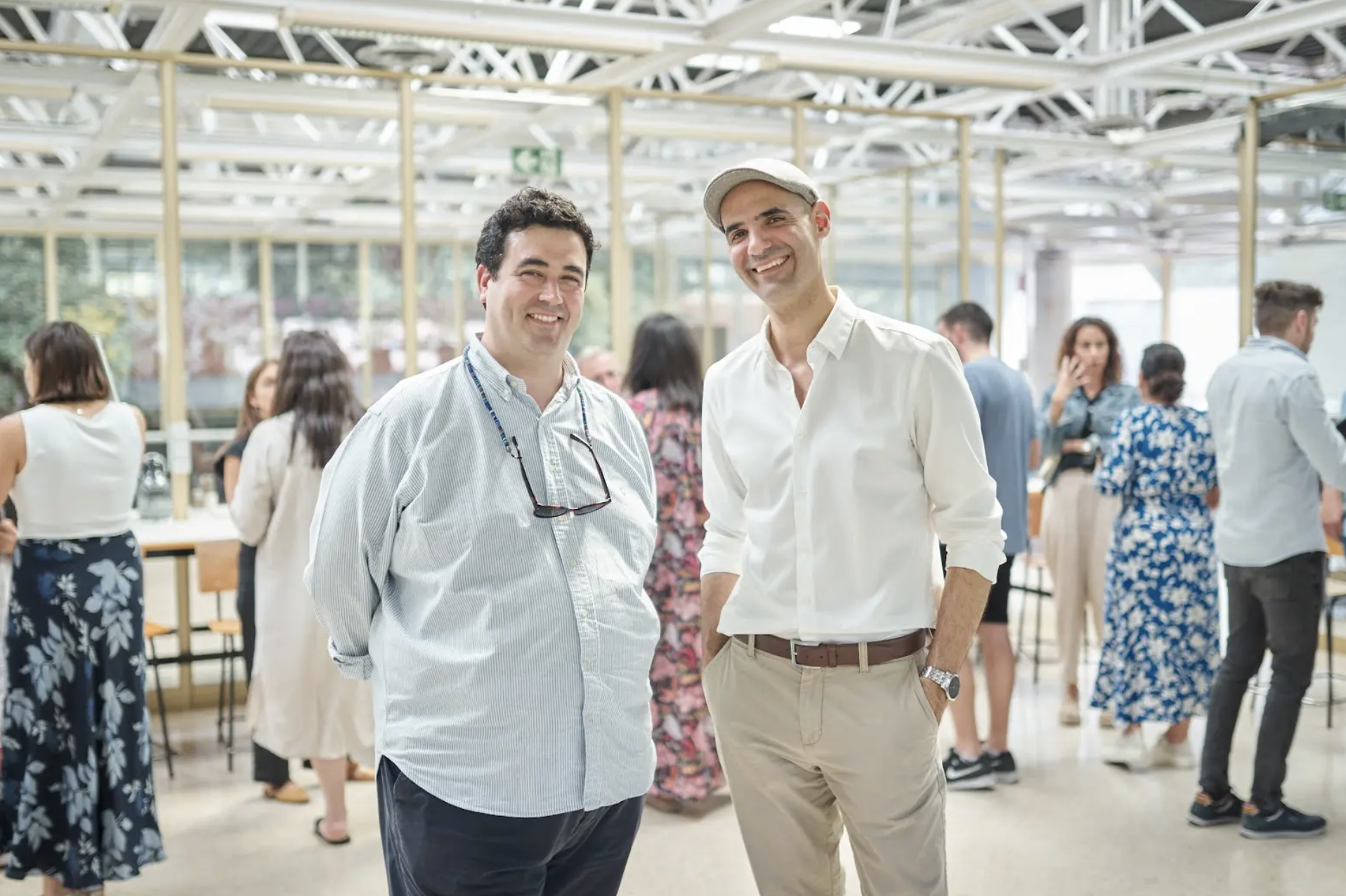
Audience
The Character Education Leadership Convening is aimed at leadership teams of schools. It is recommended that the school principal attend with his or her leadership team (we recommend a minimum of three people per team). However, it is also possible for school leadership teams to attend, even if they do not have their leader in attendance.
Certification
Those who complete the course can receive certification from Become, Universidad Villanueva, the Center for Character and Citizenship at the University of Missouri-St. Louis, and the Templeton World Charity Foundation.

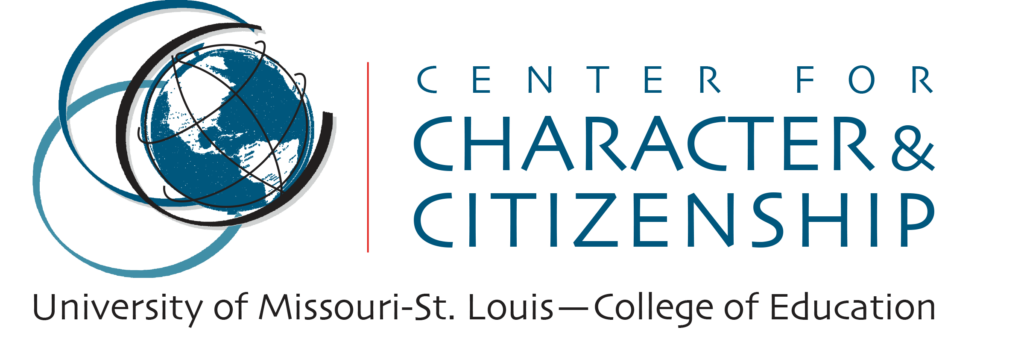

.

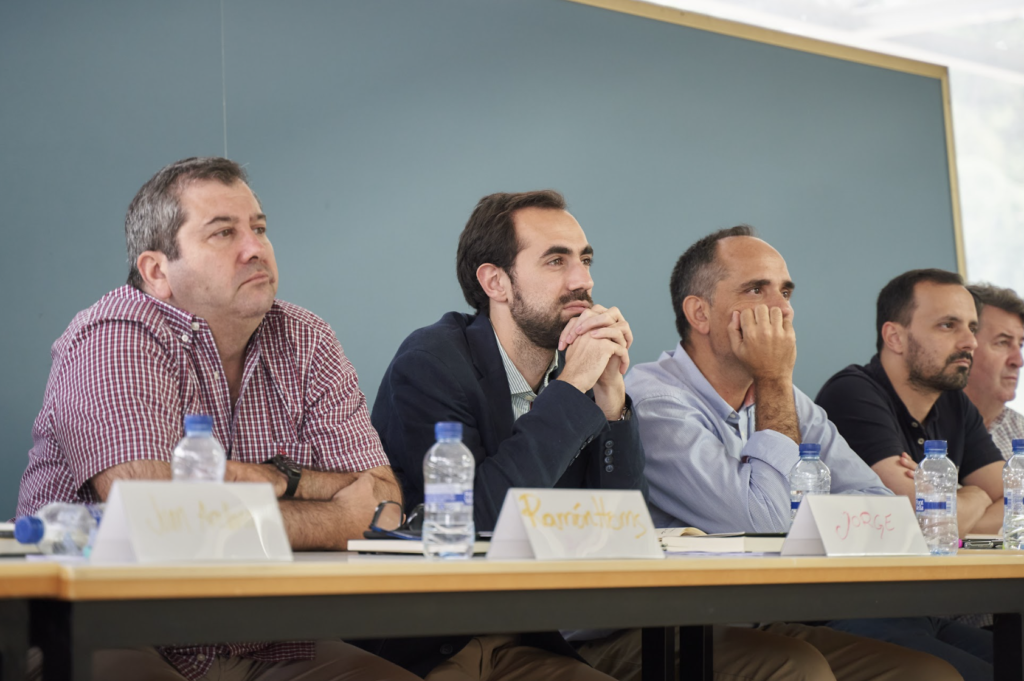

Testimonies
The PRIMED model
Prioritization
Visible and concrete prioritization of character development in all areas. Leaders should direct their efforts and resources in this direction holistically.
Relationships
Promoting caring relationships throughout the community for the sake of people and their learning, following the adage: "Kids don't care how much you know, until they know how much you care".
Intrinsic Motivation
Developing intrinsic motivation to do well, as opposed to external motivations such as rewards and punishments. It's not just about doing good, but also doing it for the right reasons.
Modeling
Everyone in the school, especially adults, should strive to be models of virtue, from which everyone can learn. Following Gandhi, it is about "being the change we want to see in the world".
Empowerment
Empower everyone in the community, hearing their voices and granting the autonomy that each one deserves to contribute to the common good by assuming leadership roles and responsibilities.
Developmental Pedagogy
And finally, a developmental pedagogy that integrates long-term character-related goals such as social-emotional competencies or moral reasoning into the curriculum.
